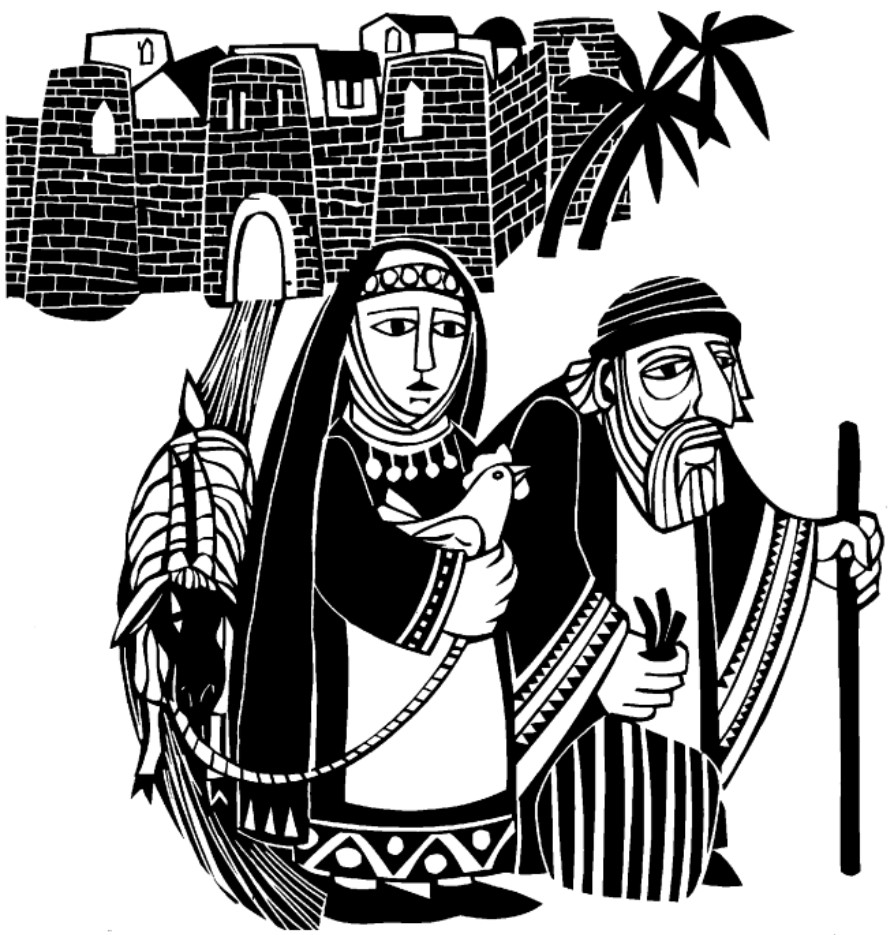Genesis 15:1-18

When Abram and Sarai are in their 70s, they get amazing news from God. This aging, childless couple is going to become the source of a great nation, in a land that God will show them. Through them, God will bless all the families of the earth.
Abram and Sarai carry this incredible promise with them as they follow God’s call on a big adventure, travelling from their homeland to Bethel, and from Bethel to Egypt, and from Egypt back to Bethel. They hold onto this promise as they establish a home in Bethel, building their wealth, and waiting. They treasure this promise year after year after year after year, and still: no baby. No nation. No blessings.

Then the word of God comes to Abram in a vision, as we heard in the reading this morning. God says: “Do not be afraid, Abram; I am your shield; your reward shall be very great.” But by this time, Abram has a question. “God, what will you give me, for I continue childless… You have given me no offspring.” God reassures Abram that he will have a child, and tells him: “Look towards heaven and count the stars… so shall your descendants be.” Apparently, looking up at all the stars God created is persuasive, for the scriptures tell us that Abram believes God; and that God reckons it to him as righteousness.
As the story continues,
God goes on to reassure Abram about the second part of the original promise: the
land Abram’s people will live in. God says, “I am the one who brought you from
Ur of the Chaldeans to give you this land to possess.” But again, Abram has a question. “O God,”
Abram asks, “How am I to know that I shall possess it?” God explains that Abram’s offspring will be
slaves in a foreign land for four hundred years, but later come to claim the
land. Then God establishes a covenant with Abram, that his ancestors will
inherit the land.
I wonder how Abram feels, after this second encounter with God, about the bargain he has made.
Abram does not seem to hesitate at all, if you go back to chapter 12, when God first makes grand promises and asks great things of him. But by the time God checks back in, in the scriptures today, many years later, things have changed. Abram’s simple trust and absolute faithfulness to God’s call have been strained. It has been so long. So, Abram dares to ask questions. “What will you give me, for I remain childless?” “How am I to know that I shall possess it?”
God reassures Abram that the promises She gave him are true. And, according to our biblical text, those promises ARE true. And yet, the promises are not true in quite the way that Abram probably assumed. Abram and Sarai will bear a child – but only after years of uncertainty, conflict, and grief. Their descendants will inhabit a great land – but only after hundreds of years of slavery.
Abram and Sarai receive
great promises, they embark on a journey with God. But God’s point of view, God’s
sense of time, are so much grander than Abram’s. Abram has an awful lot of waiting to do,
before the promises are fulfilled.
Have you ever felt that something was owed to you? Something promised, and not yet fulfilled? Something delayed, perhaps beyond your lifetime?
This week the news broke about a college admissions scandal. Extremely wealthy parents have been paying to cheat the system, so that their children might enter elite institutions. Of course, as many folks point out, this is only part of a much larger problem. Wealthy parents have always used money to gain access for their children in schools and beyond. Most of the ways we do it are even legal: extensive and expensive preparation, massive donations, and personal connections. What’s more, most of the kids who receive this kind of boost already have other unfair advantages, like white privilege.
It’s easy to look at this admissions scandal and wonder: what could these parents have been thinking? I can’t imagine bribing my kid into college (maybe I’ll change my mind about that in 10 years or so). But if I’m honest, I’m familiar with the very seductive feeling of wanting my kid to have the best. I want my children to have every good thing. I am thrilled by the quality of daycare and public education available here in Concord, even as my conscience struggles with the imbalance between opportunities here, and elsewhere. I don’t really know what I’d be capable of, if they had a need I couldn’t meet legally, and ethically.
There are some things we want
so much that logic, and even ethics, do not always have the final call in our
reasoning. The things we want may be good things, or bad things, or somewhere
in between. They may be things we want
for ourselves, or things we want for those we love. Regardless, sometimes our
desire is so fierce that we are overcome by a sense of personal entitlement. It seems like the world owes this thing to us
in particular, or even, that God owes it to us. This conviction leads,
sometimes, to crime; sometimes, to perfectly legal manipulations of the system;
and sometimes simply to a corrosive conviction that we are being cheated out of
something we deserve.
Most of us know this experience on some level: unfulfilled desire, ambition, longing. It’s a more complicated question, though, to ask what we really deserve, or what we’ve really been promised, by God or by anyone else. That requires teasing apart layers of harmful privilege and entitlement or personal desire from more admirable longings that are often tied up in the same issues: longings to be loved, to be valued, to be treated with justice, and to protect ourselves and those we care for.
I’m not sure it’s wise to make bargains with God. If I do this, then you’ll do that. If you’ll do that, then I’ll do this. God’s so much bigger than us, so hard for us to understand. Would we really get what we expected out of the deal? I’m not even sure that God does make bargains; maybe we just sometimes think that we’ve made them with her.
Putting our trust in God,
as Abram did, is not so much about striking a bargain. It’s more like participating
in a relationship. When we’re in a relationship, we sometimes need to clarify
expectations, and renegotiate responsibilities. Sometimes we even get really
mad, or need to take a time-out. The important thing is staying in
conversation, as long as we can be safe doing so. Most of the adult people of
faith I know have had to have some serious talks with God, somewhere along the
way.
Abram, who we come to know as Abraham, is a hero in at least four faith traditions. He’s an example of what it means to trust God. He keeps following God, even though he’s not really sure what God’s promises will mean for him or his descendants. There’s room in his relationship with God for disappointment and pain, wonder and awe, trust and doubt. Abram just stays in the conversation with God, no matter what happens. He sticks with God, as God sticks with him. Abram teaches us that faith in God can bless a life, and that God’s blessing can passed along, again and again, generation after generation, even amidst the great injustices and uncertainties of life.
Please pray with me.
Holy God, help me sift through the longings of my heart, the desires of my mind, to better distinguish what yearnings lead me towards you, towards justice, peace, and healing for all of your creation. Where beautiful longings cannot be met, grant me comfort. Where good yearnings must wait, and wait, and wait, and wait, stay with me. Where my desires can prompt actions towards positive change, empower me. Where my desires are instead graspings for power, privilege, security, only for me and mine: teach me to let go, and put my trust in you instead. Amen.